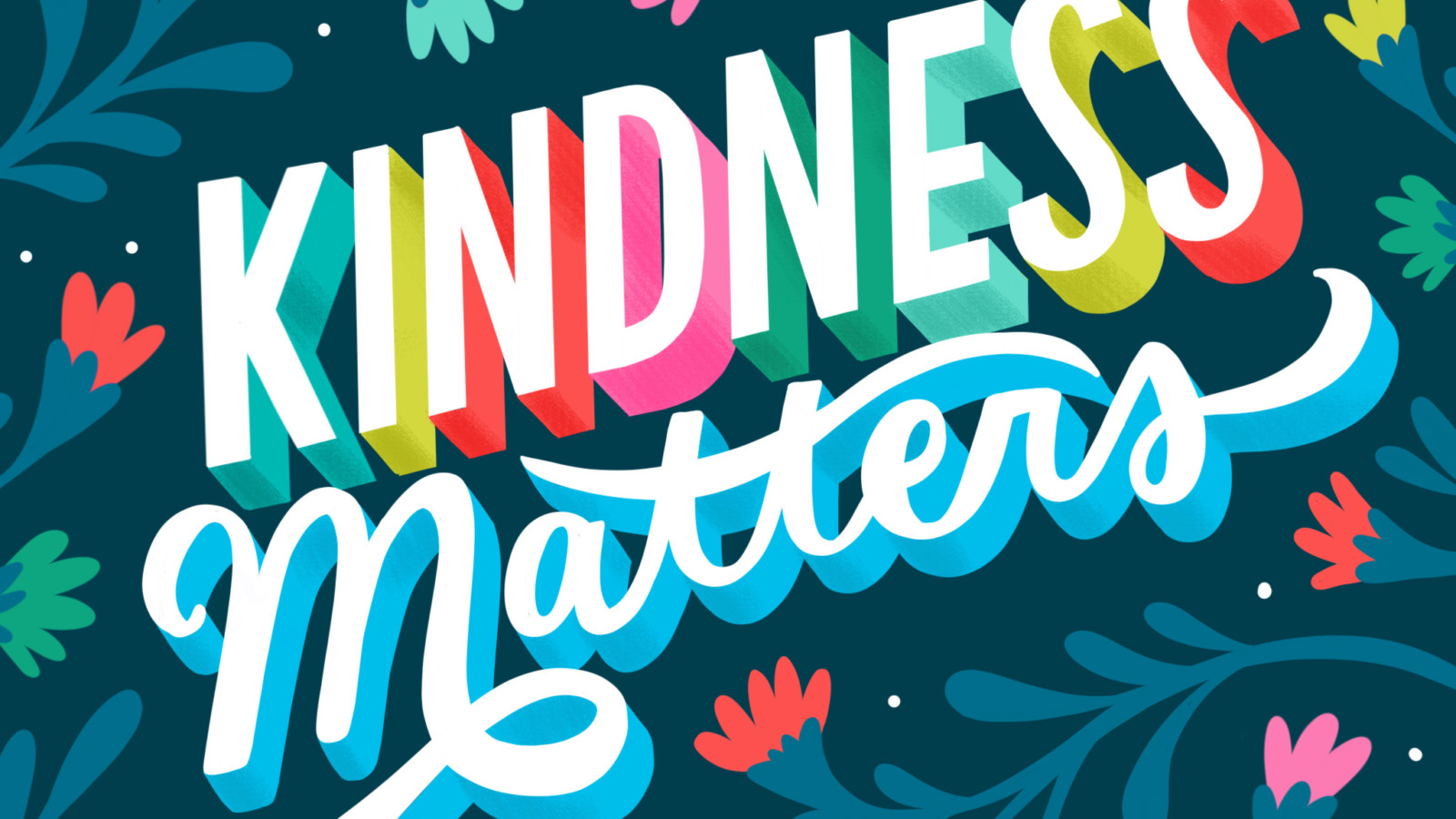Mounting research shows that there’s a lot more to being kind than meets the eye. And just a little bit goes a long way. People who go above and beyond to practice kindness are happier and have better mental and physical health than those who don’t spend as much time supporting others. Kindness builds happiness and well-being. Job seekers are more likely to apply for a job posting that lists kindness as an important value of the company. And loving-kindness meditations improve memory recall in people recovering from depression.
The Link Between Kindness And Employee Happiness
In a recent collaboration, kindness.org commissioned Beekman 1802 to survey 1,365 employees from six well established companies including Ulta Beauty, Pura Vida, Nextdoor, Michigan University College of Arts and Letters and Traackr. Findings showed a direct link between kindness and overall employee happiness and job satisfaction. Four key findings emerged:
- Being kind to your boss predicts happiness in the workplace.
- Kindness at work is a bigger predictor of happiness than income.
- Feeling valued is one of the biggest contributors to workplace happiness.
- Doing purposeful work is directly linked to levels of happiness at work.
“As we spend so much of our adult lives at work, we believe fostering environments of kindness in the workplace will have profoundly positive ripple effects in all aspects of life,” Brent Ridge, co-founder of Beekman 1802 told me. “Creating this first of-its-kind, scientifically validated tool for companies to measure kindness is a critical first step, and this ground-breaking research demonstrates its importance.”
Other studies have shown that small actions, such as buying a cup of coffee for a coworker, go a long way to raise morale and promote teamwork. And it’s contagious for receivers who are more likely to perform a kind action for another colleague. A more recent study reported that when people with a history of depression engage in a loving-kindness meditation, it even improves their memory recall.
Companies Profit From Policies Of Kindness
“We’ve known for a long time that kindness is good for companies, but this study reinforces how important it is for individual happiness as well,” Oliver Scott Curry, chief science officer at kindness.org, told me by email. “We’re confident that promoting kindness at work can help companies improve bottom line results while also creating happier, more fulfilling work environments.”
A study of 1,200 respondents found that 77% of job seekers believe mental health should be a priority in the workplace, and they search for employers who enact policies of kindness. Other key findings include:
- 77% of respondents were more likely to apply for a job posting that listed “kindness” as an important value of the company.
- 74% of respondents said it’s important to have a kind community in the workplace such as having managers check in on their team members for professional and personal support.
- 89% of workers see mental health and kindness as high priorities in the workplace.
“When businesses invest in their employees through acts of appreciation, words of encouragement or making investments in their success, they build a culture where people take pride in their work and feel a sense of engagement and accountability,” according to co-founder and CEO of &Open, Jonathan Legge. “When companies fail to do that, employees will simply check-out.”
Kindness Has Become A Workplace Standard
More and more experts insist that a kind work culture is now a workplace standard. “The bottom line is that kindness is one of the most important values a company can prioritize, and we have shown conclusively the clear, significant impact it can have on organizational success,” states Jaclyn Lindsey, chief executive officer at kindness.org. “Through the study, we sought to lay the foundation for kindness as an expectation and standard for operational excellence and to introduce a new tool to readily measure kindness within any organization. Our assessment makes it simple to measure a company’s Kindness Quotient and identify key areas to strengthen company culture . . . It’s time to prioritize kindness in the workplace, and we’re proud to lead the way.”
Kindness sends the message that employees are valued human beings, not just worker bees. It boosts safety and belonging, which in turn, improves job engagement, satisfaction and performance. When employees feel cared about, they engage in better teamwork, and they are creative risk takers, willing to stick their necks out and stretch beyond customary bounds. In a kind culture, workers tend to be masters of self-correction, good problem solvers and solution focused. What more would a company want from their employees when these qualities add up to raising the competitive edge and promoting the organization’s bottom line?


